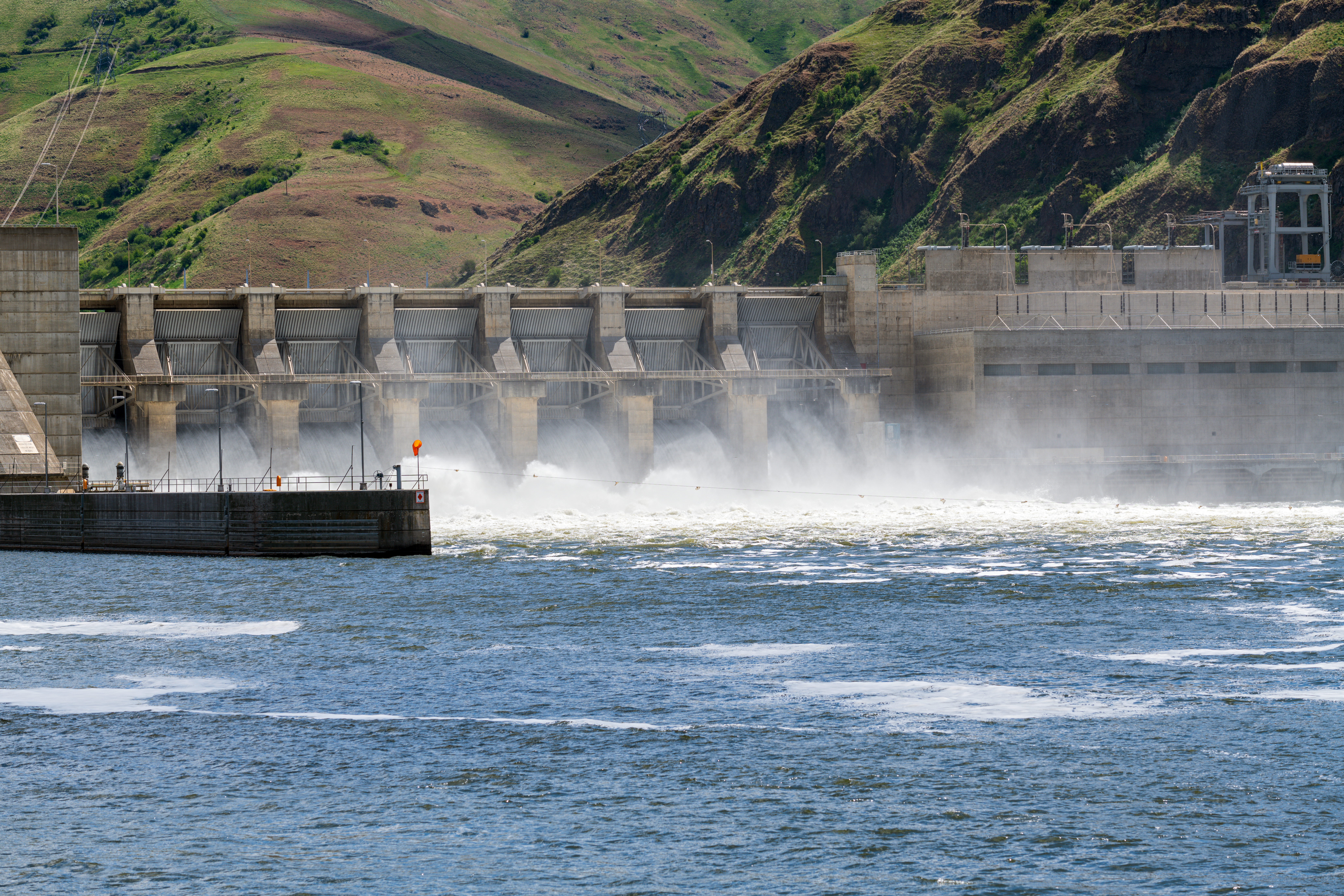EBS STAFF
A historic effort to restore salmon runs in the Pacific Northwest was dismantled last week, as the Trump administration announced it will terminate the Resilient Columbia Basin Agreement—a 2023 cooperative plan forged under the Biden administration.
According to reporting by Outdoor Life, the agreement brought together state governments, Columbia River tribes, and other stakeholders to explore long-term solutions for salmon recovery, including the controversial possibility of breaching four Lower Snake River dams. While it did not mandate dam removal, the agreement established a framework for discussing alternatives and developing replacement systems for energy, irrigation and transportation in the Lower Snake region.
“It was one of the first times that we had a collaborative effort where people agreed to come together—nobody’s hand was forced,” Chris Wood, president and CEO of Trout Unlimited, told Outdoor Life. “Now, we’re back to the beginning… relying on the Endangered Species Act to keep these most amazing of God’s creatures from blinking out.”
The Trump administration’s June 12 memorandum dismissed climate-driven concerns about salmon survival as speculative and framed its withdrawal as an effort to stop “radical environmentalism” and protect economic interests. Critics argue the decision reopens decades of legal battles that had been paused under the agreement.

Wild salmon populations in the Columbia and Snake River systems are now estimated at less than 2% of their historic abundance, largely due to migration barriers created by dams. While the Lower Snake dams provide significant hydropower and barge access, conservationists say they also block access to the species’ most productive remaining habitat.
Wood described the agreement not as a threat to industry, but as a “road map” for balancing ecological recovery with economic needs. Without it, he warned, the region returns to “a zero-sum game of endless litigation.”














